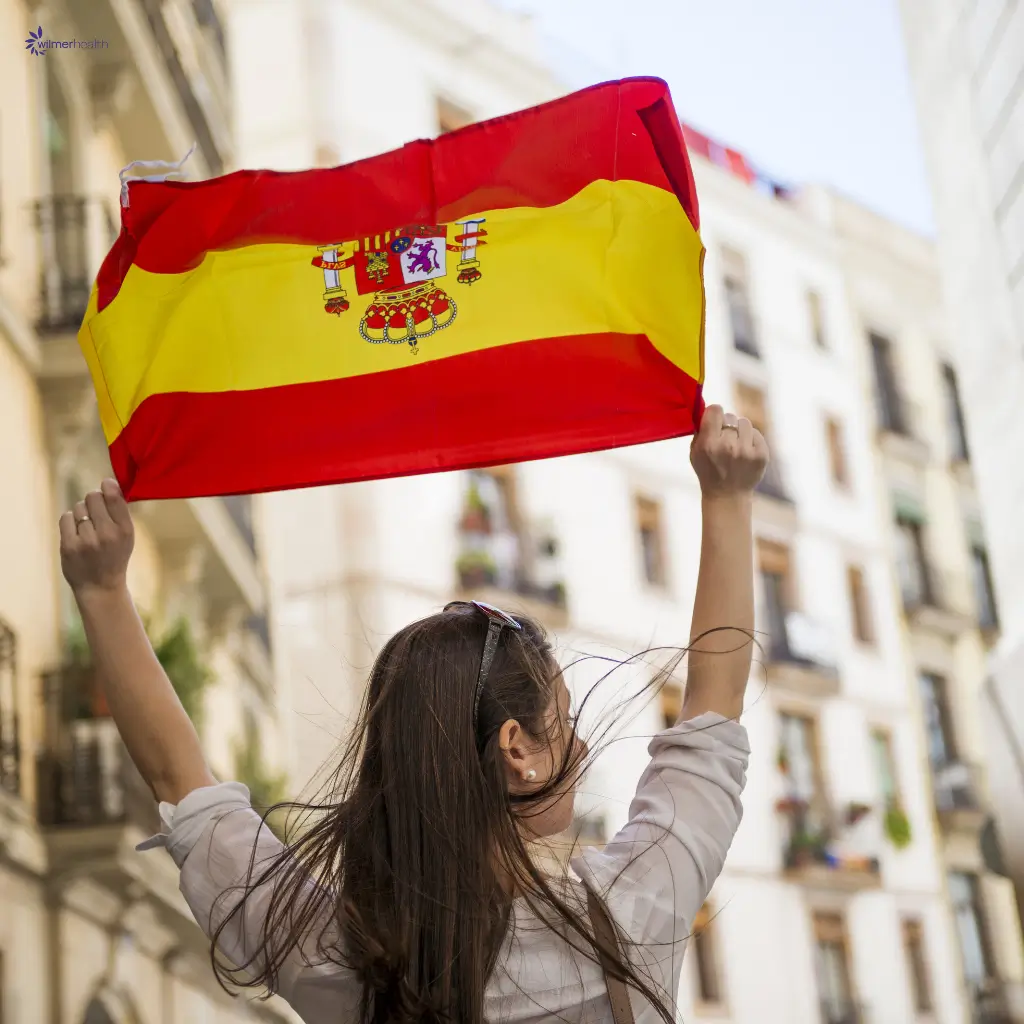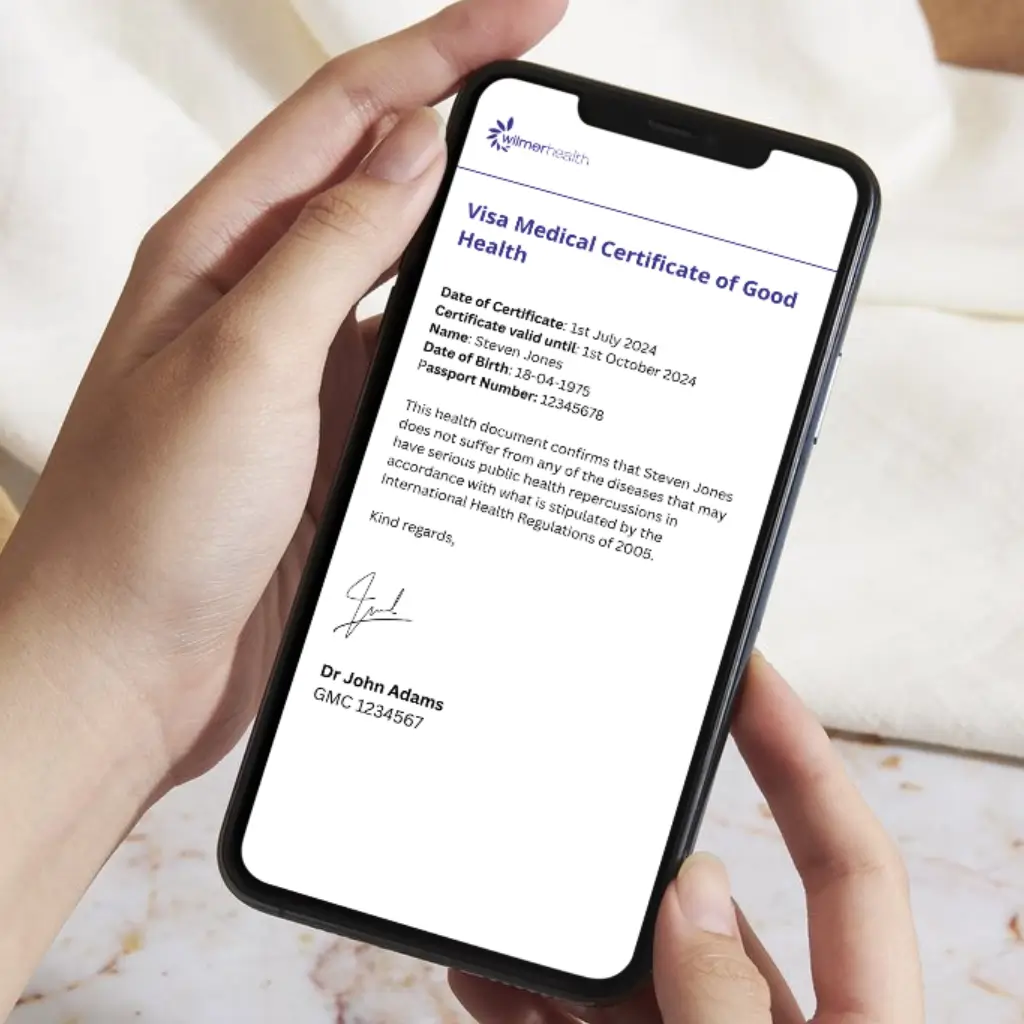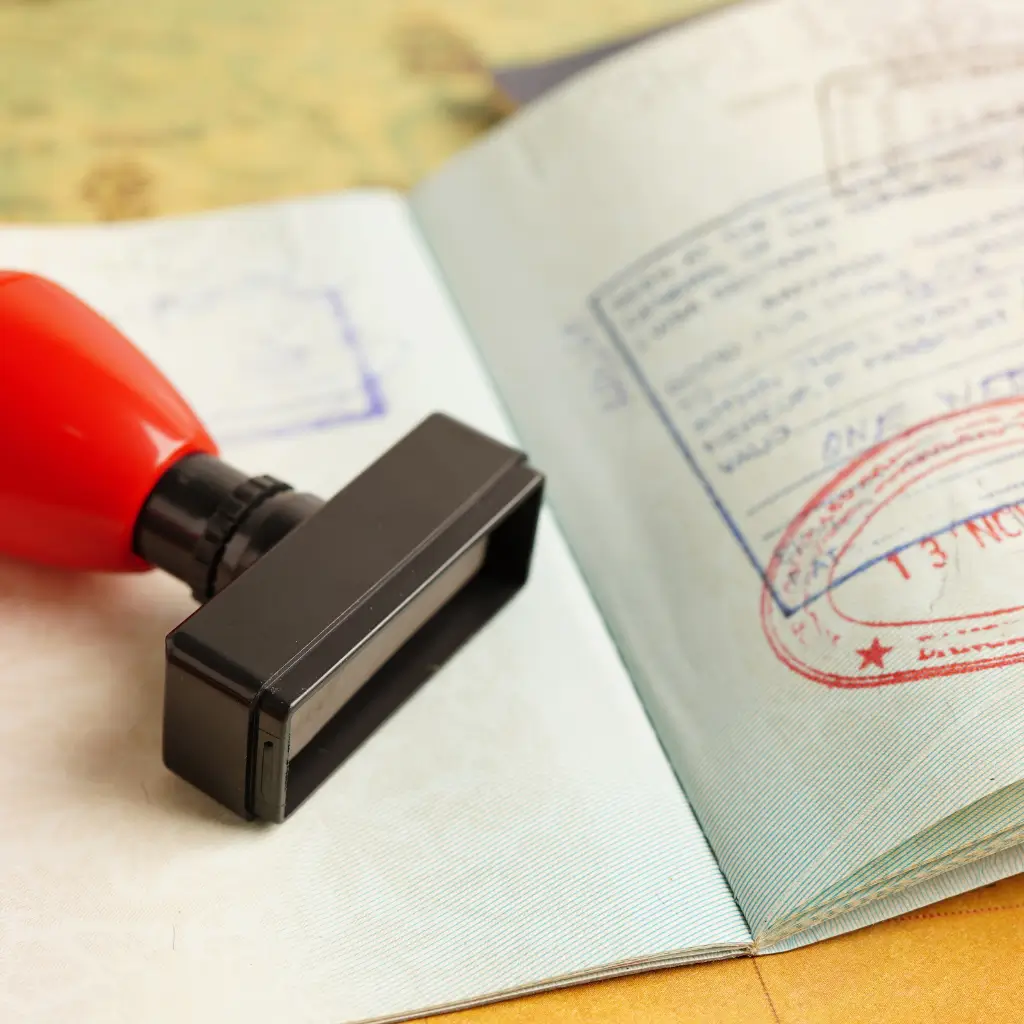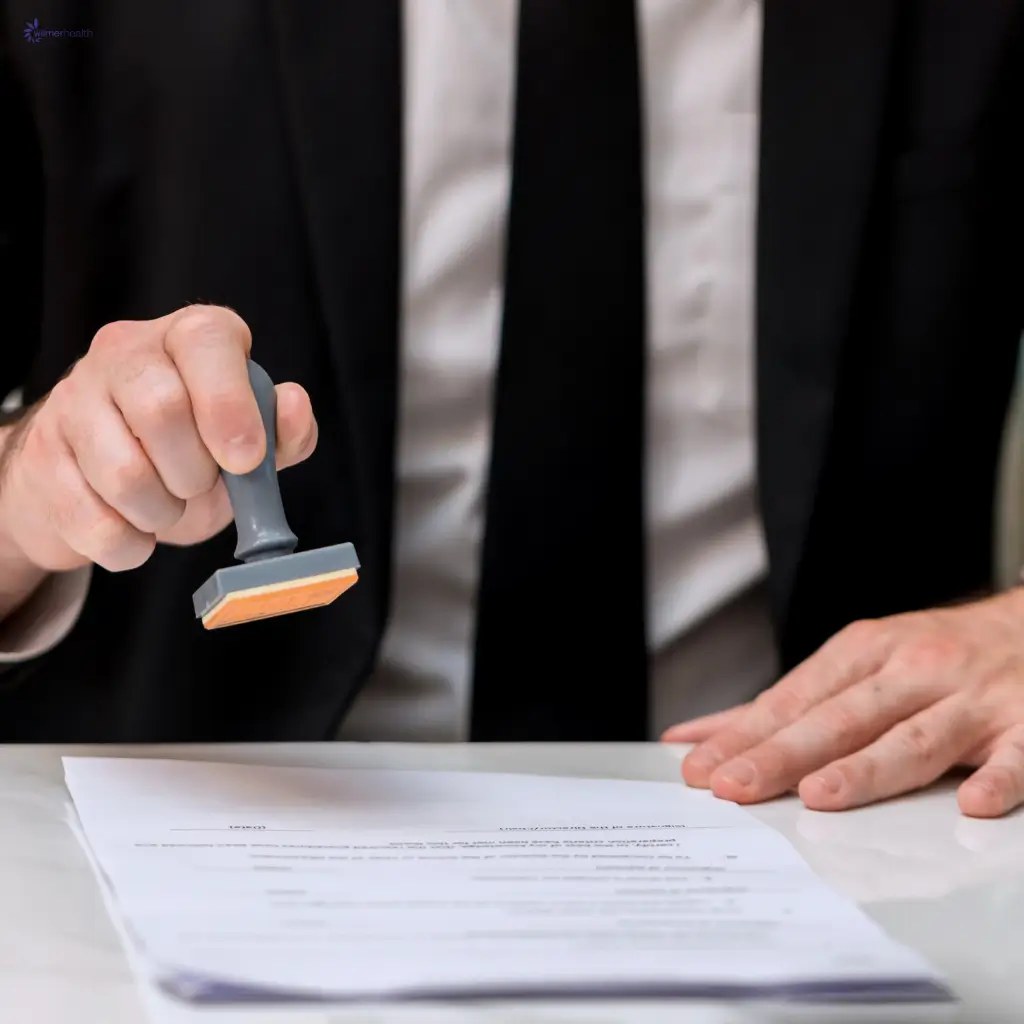Apostilles & Sworn Translations for Spanish Visa Documents in the UK: A Complete Guide
Libbie Stevens, Spanish Visa Advisor @ Wilmer Health | 11th February 2025 | hello@wilmerhealth.com
Contents
If you’re applying for a Spanish visa — whether it’s a non-lucrative visa, a student visa, a family reunification visa, or another type — you’ll need to gather several key documents. These include a Spanish Visa Medical Certificate, an ACRO Police Certificate, and, if you’re applying with a spouse or child, a marriage or birth certificate.
While obtaining these documents might seem straightforward, there’s a crucial step many applicants overlook: apostilles and translations. Without these, your paperwork will not be accepted by the Spanish consulate, leading to delays or rejections.
In this guide, we’ll break down everything you need to know about apostilles and translations for Spanish visa documents, ensuring your application process goes as smoothly as possible. Let’s get started!
What is an Apostille?
An apostille is an official certificate that proves a document is real and can be used in another country. It comes from an international agreement called the Hague Apostille Convention, which makes it easier for countries —like the UK and Spain — to recognise each other’s documents.
In the UK, apostilles are issued by the Foreign, Commonwealth & Development Office (FCDO). It’s basically a stamped certificate attached to your document, confirming that it is genuine and that any signatures on it are real. Without an apostille, some documents may not be accepted by the Spanish authorities, so it’s an important step in your visa application.
How to Get an Apostille for Your Spanish Visa Documents
If you need an apostille for your Spanish visa documents, there are two main ways to get one in the UK:
1. Apply Yourself via the FCDO
You can apply for an apostille directly through the Foreign, Commonwealth & Development Office (FCDO) website. Processing times depend on the service you choose, typically taking 7 to 12 days. The process involves:
- Filling out an online application form
- Paying the required fee
- Posting your documents to the FCDO for authentication

2. Use an Apostille Service
Many Spanish visa applicants prefer to use a professional apostille service for faster and more convenient processing. These services:
- Submit your documents directly to the FCDO, often speeding up the process.
- Help avoid mistakes that could delay your application
- Save you time and effort, especially if you're unfamiliar with the procedure
There are several apostille services available in the UK. At Wilmer Health, we offer an apostille service as part of our Spanish visa document processing. Many of our customers choose this option because we handle everything for them — saving time, money, and hassle.
Which Spanish Visa Documents Need an Apostille?
As part of your Spanish visa application, several key documents must have an apostille stamp to be accepted by the Spanish authorities. These include:
Your Spanish Visa Medical Certificate must be signed by a doctor registered with the Foreign, Commonwealth & Development Office (FCDO). The FCDO will verify the doctor’s signature in their database before issuing an apostille stamp. Without this step, your medical certificate will not be accepted by the Spanish consulate.

An ACRO Police Certificate provides details of any criminal record history and is required for most Spanish visa applications. This document is issued by the Criminal Records Office and must have an apostille stamp before it can be submitted to the Spanish consulate.

If you’re applying for a Spanish visa with your spouse or dependent child, you’ll need to provide a marriage or birth certificate to prove your relationship. These documents must be recently issued and authenticated with an apostille stamp to confirm their legitimacy.

Ensuring these documents are properly apostilled will help prevent delays or rejections in your visa application process.
Why Do You Need a Spanish Translation?
When applying for a Spanish visa, many of your documents must be translated into Spanish. However, this cannot be a standard translation — it must be a sworn translation.
What is a Sworn Translation?
A sworn translation is an official, certified translation that is legally recognised in Spain. It can only be done by a sworn translator (also known as a traductor jurado) who is officially approved by the Spanish Ministry of Foreign Affairs.
The sworn translator will translate your document accurately into Spanish, and apply their official stamp and seal, verifying the translation’s authenticity.
If your documents are translated by anyone not on the Spanish government’s approved list of translators, they will be rejected by the consulate — potentially delaying your visa application.
How Can I Arrange a Spanish Sworn Translation?
If you need a sworn translation for your Spanish visa documents, you have two main options:
1. Contact a Sworn Translator Directly
The Spanish government maintains a list of approved sworn translators, which you can access here. You can contact them individually to arrange a translation for your documents. While this option gives you direct control over the process, it can be time-consuming to coordinate with translators, compare prices, and ensure they meet your deadlines.

2. Use a Translation Service
Many visa support services bundle sworn translations into a complete Spanish visa package. This option is often more cost-effective and convenient, as it saves you the hassle of finding and managing a translator yourself.
For example, at Wilmer Health, we handle sworn translations for all required visa documents and include them in our service package — offering a hassle-free and affordable solution for applicants.

Which Documents Need to Be Translated?
The Spanish consulate typically requires sworn translations for the following visa documents:
- Visa Medical Certificate of Good Health: Confirms you do not have any infectious diseases and are fit to stay in Spain.
- ACRO Police Certificate: A criminal record check issued in the UK, required for most long-term visas.
- Marriage or Birth Certificate: Required if applying with a spouse or dependent children to prove the relationship.
- Proof of Income or Financial Means: Bank statements, pension statements, investment income, or other financial proof to demonstrate you can support yourself in Spain (commonly required for the non-lucrative visa and student visa).
- University Degree or Academic Certificates: If you are applying for a student visa or a work visa, you may need to provide proof of qualifications or professional accreditation, which must be translated.
Making sure these documents are correctly translated by a sworn translator will help avoid delays or rejections in your application.

Final Thoughts
Applying for a Spanish visa can feel overwhelming, especially when dealing with apostilles and sworn translations. At Wilmer Health, we provide a complete Spanish visa document service, handling everything from start to finish, including:
✔️ Medical Certificate for a Spanish Visa (with apostille and translation)
✔️ ACRO Police Certificates for Spanish Visas (with apostille and translation)
✔️ Marriage & Birth Certificates (with apostille and translation)
We take care of the entire process, saving you time, money, and stress. Click on the service you need above and get started with Wilmer Health today!